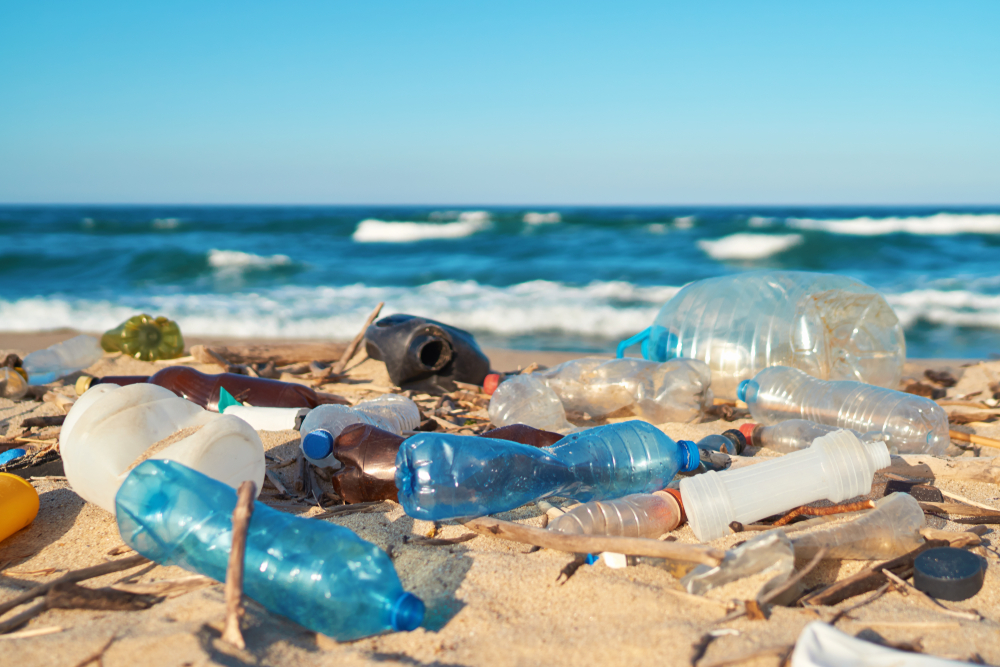Deadlock Persists After Sixth Round of Negotiations
Global negotiations to develop a landmark treaty to end plastic pollution have failed for the sixth time in under three years. The UN talks, originally scheduled to conclude Thursday, extended late into the night but ended without agreement. About 100 nations, including the UK and EU members, pushed for curbs on plastic production, while major oil-producing states argued for a focus on recycling and waste management.
Cuba’s delegation described the outcome as “a missed historic opportunity,” while UK Marine Minister Emma Hardy expressed deep disappointment, calling plastic pollution a global crisis that requires coordinated action.
Divisions Over Production Cuts vs. Recycling
The core dispute remains whether to tackle plastics at the source by reducing production or to prioritize managing pollution through better waste collection and recycling. Oil states such as Saudi Arabia and Russia, supported by industry groups like America’s Plastic Makers, argue that plastics are essential to modern life and that ending production would be counterproductive. Many researchers counter that recycling alone cannot solve the problem, with global recycling rates stuck near 10% and unlikely to exceed 30%.
Plastic production has grown from 2 million tonnes in 1950 to about 475 million in 2022 and is projected to keep rising without intervention.
Proposals for Treaty Measures
The UK-led group proposed production limits, standardized designs to improve recycling, and a global levy on plastic products to fund recycling efforts—an approach supported by major brands such as Nestlé and Unilever through the Ellen MacArthur Foundation’s Business Coalition. The coalition estimates such levies could generate $576 billion for recycling infrastructure by 2040.
The latest draft text from the talks omitted explicit production curbs but included measures addressing hazardous chemicals and design improvements. The EU delegation viewed it as a “good basis” for future negotiations, but oil states expressed dissatisfaction, with Saudi Arabia calling the process “problematic.”
Environmental and Political Reactions
Environmental groups condemned the lack of progress, blaming oil-producing nations for prioritizing profit over planetary health. Greenpeace’s Graham Forbes warned that ending plastic pollution requires confronting fossil fuel interests directly. Small island nations, like Palau, criticized the minimal progress, noting that they face the worst impacts despite contributing little to the crisis.
The talks will resume at a later date, but the delay pushes the timeline further behind the original deadline of December last year, raising concerns over the global community’s ability to address escalating plastic pollution.


